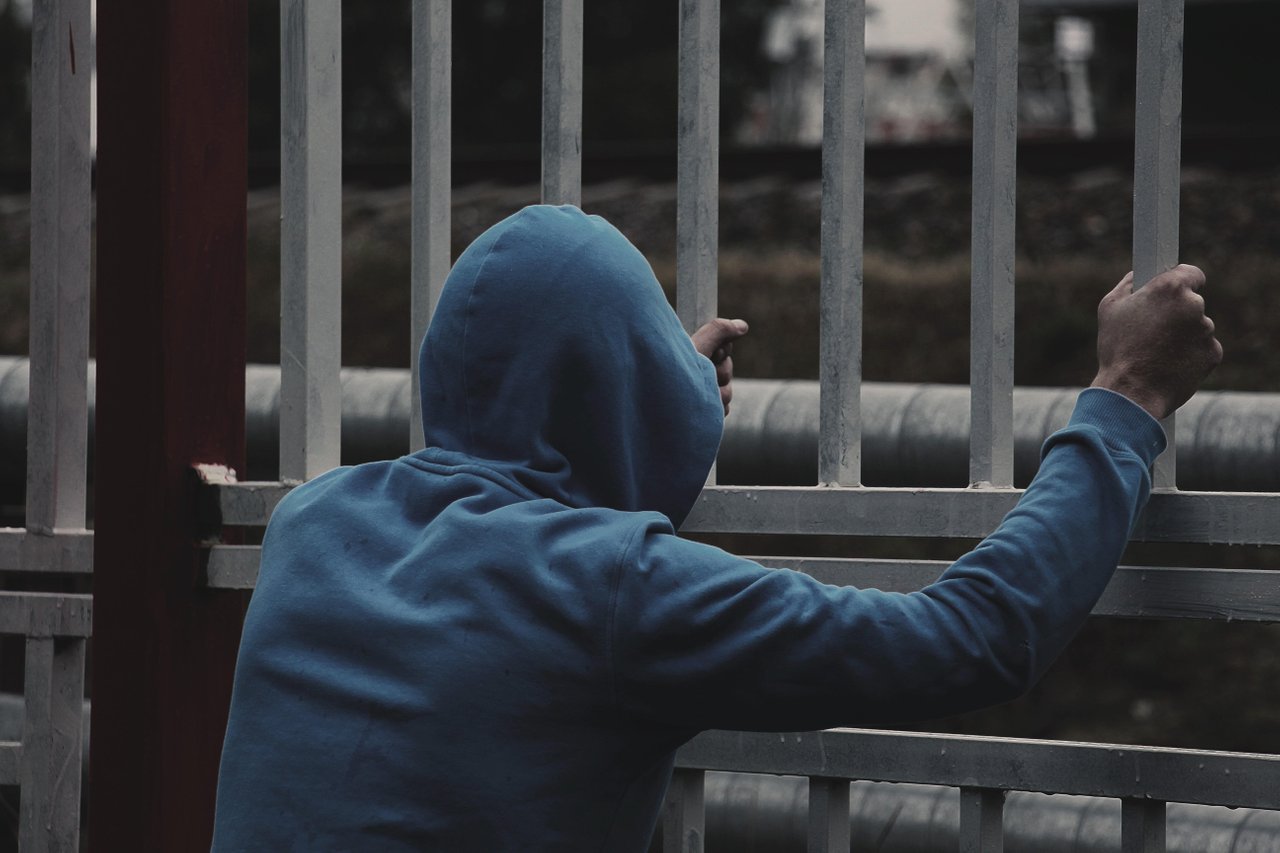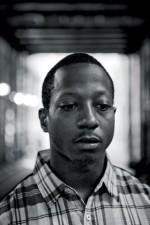
Bail isn't the kind of thing you think about until it's been set on you.
Most people's exposure to the idea of bail is from TV and movies. Usually, the main character will be arrested for some kind of crime, we'll see them in jail briefly and then they're walking out with a friend.
"Maloney - get up - someone's paid your bail."
More often than not, we never hear about the pending criminal matter again and being arrested seems like not so big a deal.
The reality is much different.
Generally speaking, bail is set in very serious cases and/or cases where a judge is concerned someone won't return to their court dates.
On paper this might sound benign - but in reality the effects are wildly unfair.
Bail benefits the rich and penalizes the poor, primarily people of color.
The fact is a wealthy defendant charged with attempted murder will be able to make, say, a million dollars bail and fight their case from the outside.
However, a poor defendant who has "nuisance bail" set, say $500 on a low level midemeanor, could be stuck in jail for weeks, months or even longer waiting for a resolution to their case.

This creates absolutely insane results at the extremes.
For example, take the case of Kalief Browder. He was had 3000$ bail set for allegedly robbing someone and taking a backpack. He always claimed innocence and refused to take a plea which admitted guilt to the offense. Hiw family was unable to make his bail and as a result Kalief Browder spent 3 years in jail awaiting trial. the case was eventually dismissed. But being incarcerated for so long took its toll and Mr. Browder committed suicide in June 2015.
This is an extreme example, but innocent people, and people guilty of only minor, non violent offenses, are held in jail for long periods of time on very small amounts of bail all the time.
Meanwhile, while these individuals are in jail, the District Attorneys will usually make much worse offers on their cases, knowing that defendants are desperate to get out ASAP. Mr. Browder was offer 2.5 years on a felony - and eventually two years on two misdemeanors which would have gitten him out of jail - but he refused, assured of his innocence.
The results are innocent people taking pleas to crimes just to escape indefinite incarceration. Or, much more frequently, people taking pleas to crimes where the evidence against them was procured by the police illegally or with undue force.
The alternative is to wait in jail while your attorney negotiates or fights your case - both of which can take an eternity. While you wait, your family goes without your emotional and financial support, you're at constant risk of losing your job and, in NYC, you are living in one of the most notoriously dangerous jails in the country.
Bail facts
- 50% of people with bail set cannot make it during the entire pendency of their case.
- 90% of people who cannot make their bail are African American or Hispanic.
- Defendants who cannot make bail are 9 times more likely to please to a misdemeanor criminal charge.
- it costs NYC $475 per day - or $208,000 a year - to jail each inmate.
- NYC spend $42 million dollars a year holding people in Rikers on $1000 or less bail
TLDR: Bail in NYC is often a destructive system which unduly penalizes the poor and people of color while posing little hardship to the wealthy. It costs the citizens of NYC millions of dollars a year just to hold in defendants on minor offense on bail of $1000 or less.
Part 2 - Change is Happening.
Informational Sources
http://www.newyorker.com/magazine/2014/10/06/before-the-law
http://www.morejustnyc.com/key-facts/#key-facts/criminal-justice-101
http://wslsbf.org/bail-facts/
https://en.m.wikipedia.org/wiki/Kalief_Browder?wprov=sfla1
